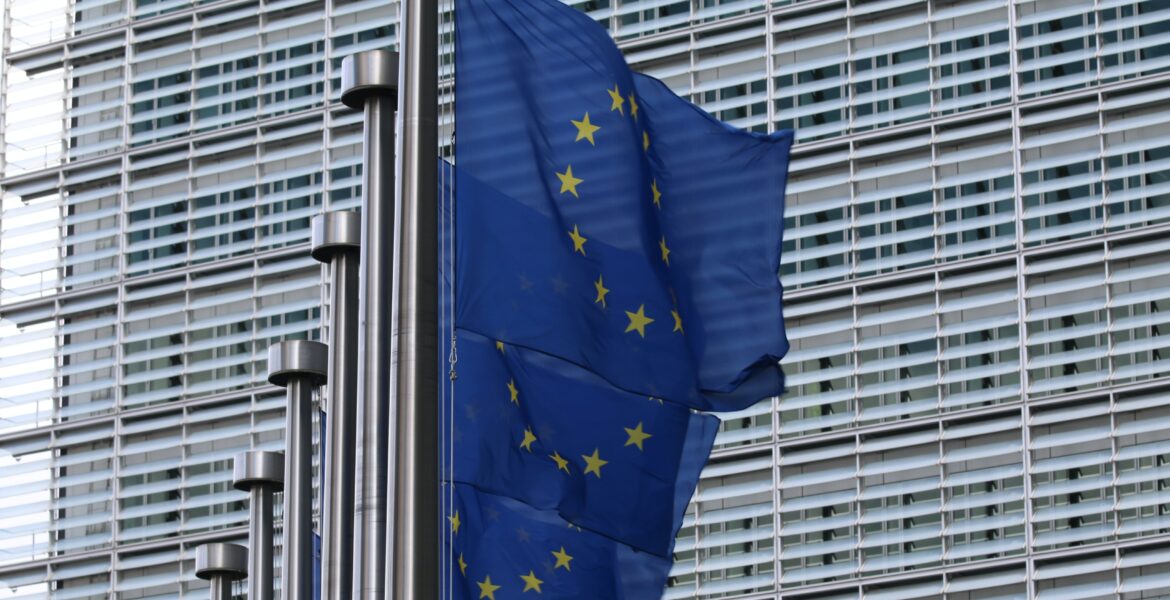Photo by Guillaume Périgois on Unsplash
EU auditors say that rule-of-law breaches can now be addressed more effectively since the EU’s legal framework was bolstered in January 2021 by the Conditionality Regulation.
In a new report they say that together with other protective mechanisms under the Recovery and Resilience Facility and cohesion policy, the framework provides for the possibility of budgetary measures against such breaches in member states.
However, the fundamental-values shield in place has “weak points, and does not yet guarantee full protection of the EU’s financial interests,” says the report published today by the European Court of Auditors.
Hungary and Poland are currently affected by several rule-of-law-related budgetary measures, with impacts estimated at around €22 billion and €134 billion, respectively.
However, these amounts are not yet tangible, as they only represent the potential impact on future payments and commitments up to the end of the decade.
In other words, the direct budgetary consequences are so far much lower than these figures might suggest. In the meantime, blocking EU funds may hamper the achievement of EU programmes and policy objectives, in cases where a government fails to fulfil its obligations.
Citizens may then be the first to feel the negative effects, warn the auditors. For example, students may no longer be able to take part in the Erasmus+ exchange programme.
“The EU’s new rule-of-law safeguards are a commendable step forward”, said Annemie Turtelboom, the ECA member who led the audit. “But there are chinks in the armour: the rule of law is a fundamental value of the EU, which certainly merits a more watertight system.”
For the single case in which measures were taken under the Conditionality Regulation (Hungary, 2022), the proposal to block money was duly justified.
However, for countries other than Hungary, the auditors could not always verify the reasons for using one tool rather than another. They therefore conclude that the European Commission cannot transparently demonstrate that the EU’s financial interests are properly protected across all member states.




